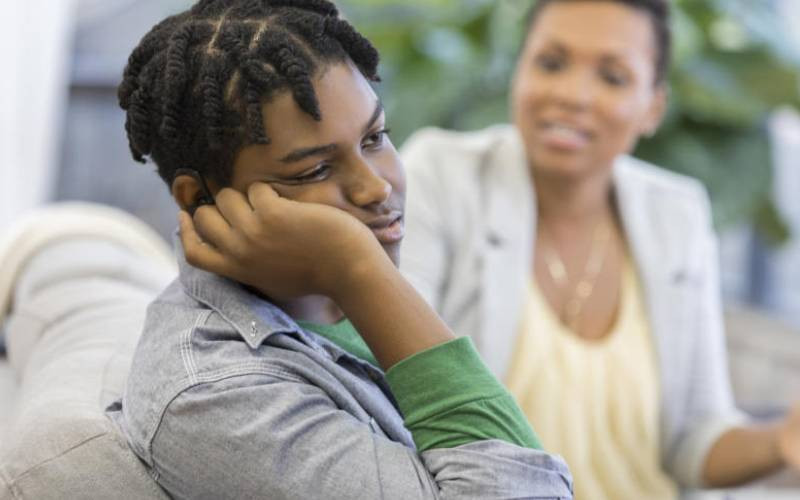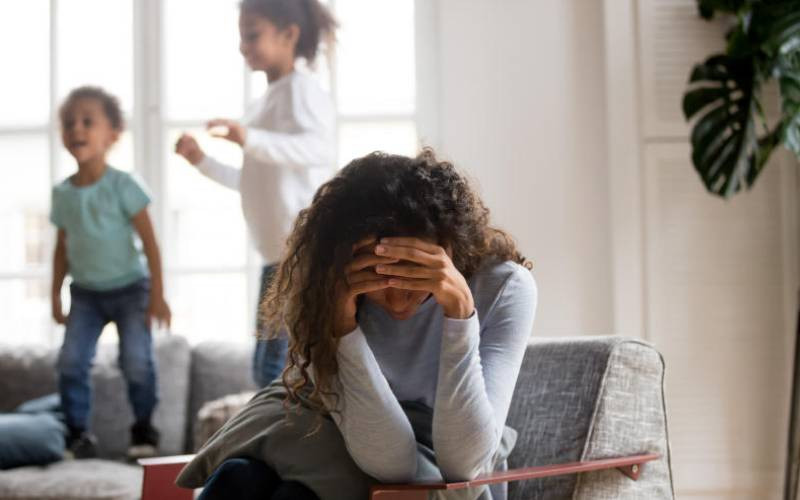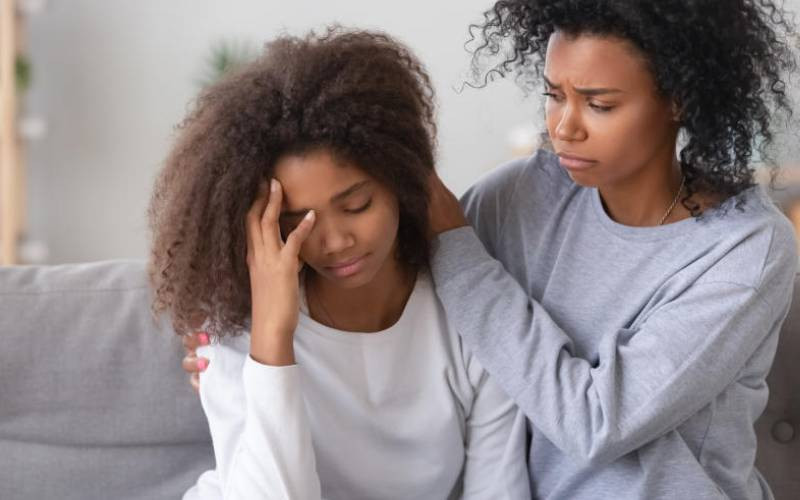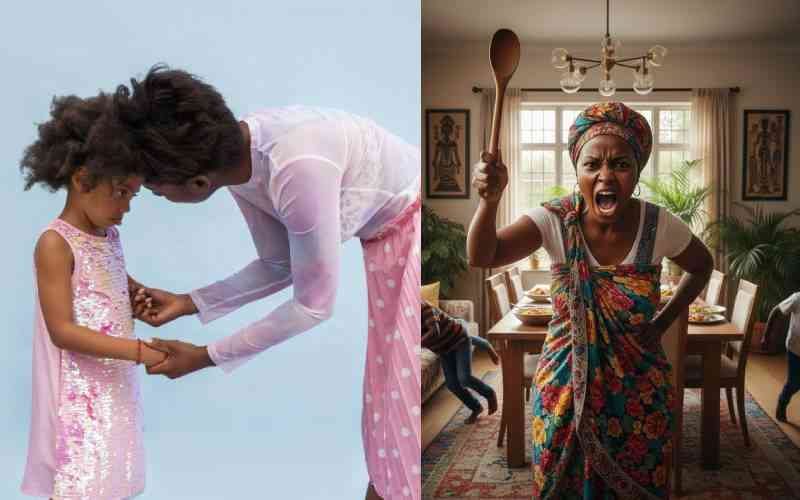
?
At birth, a baby, usually reflexively sucks any object placed in his mouth. This sucking reflex is responsible for breastfeeding. After weaning, the child develops alternative means for receiving those same feelings of physical and emotional fulfillment.
Finger sucking habit should be broken before onset of permanent teeth, at around five years age. In rare situations, thumb sucking may be retained into adulthood especially when due to stereotype diseases of movement or mental disorders.
Some children suck the finger due to lack of adequate nursing or feeding; feeling of insecurity due to inadequate parental care, love and affection; sudden change in domestic or work atmosphere which the child cannot cope with; or stress related to school or friends.
Thumb sucking that persists beyond three years of age may result in the front teeth being pushed too far forward or spacing of the teeth and therefore poor facial appearance or lead to defects in the developing jaw and facial bones.
Other risks include infection from communicable diseases from sucking a dirty finger; social difficulties when the child is taunted by peers for engaging in what they can consider to be an "immature" habit, leading to psychological stress in the affected child.
Do not apply bitter substances on the finger to prevent your child from sucking it. It is recommended that you praise the child for not sucking, instead of scolding him.
- Self care: The path to being a better parent
- How to deal with sibling rivalry
- How to introduce children to budget literacy
- Modern fatherhood: Rise of the present dad
Keep Reading
If your child is sucking his thumb when feeling insecure or needing comfort, focus instead on correcting the cause of the anxiety and provide comfort. If a child is sucking on her thumb because of boredom, try getting the child's attention with a fun activity.
Involve your older children in the selection of a means to cease thumb sucking. Also visit a dentist, who may explain to the child what could happen to his teeth if he does not stop sucking.
Dr Ombeva Malande is a paediatrics and child health expert
 The Standard Group Plc is a multi-media organization with investments in media
platforms spanning newspaper print
operations, television, radio broadcasting, digital and online services. The
Standard Group is recognized as a
leading multi-media house in Kenya with a key influence in matters of national
and international interest.
The Standard Group Plc is a multi-media organization with investments in media
platforms spanning newspaper print
operations, television, radio broadcasting, digital and online services. The
Standard Group is recognized as a
leading multi-media house in Kenya with a key influence in matters of national
and international interest.











